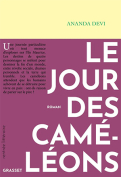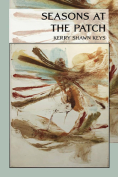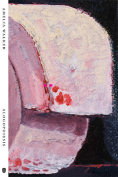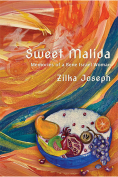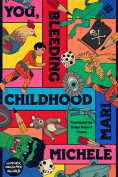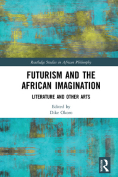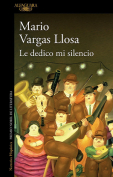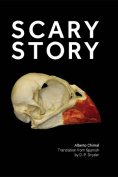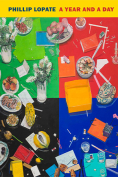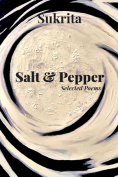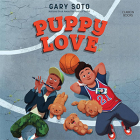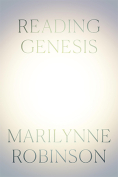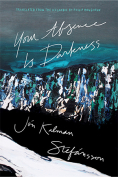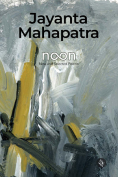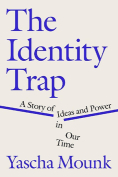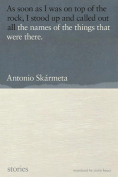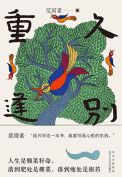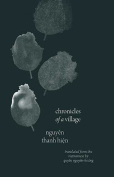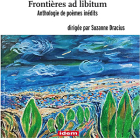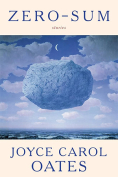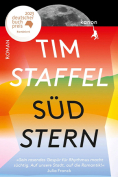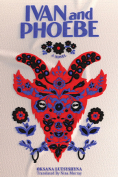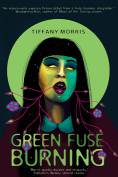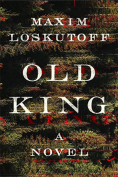Exiled Shadow by Norman Manea
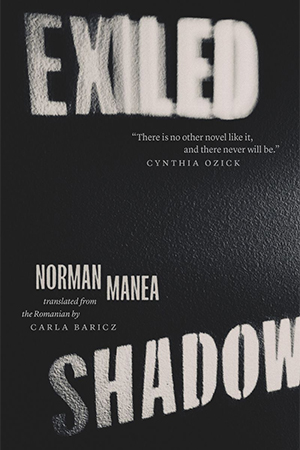 New Haven. Yale University Press. 2023. 376 pages.
New Haven. Yale University Press. 2023. 376 pages.
Norman Manea’s Exiled Shadow comprises literary, philosophical, psychological, and metaphysical commentaries, memoir, poetry, and fiction. Its “plot” follows the Nomadic Misanthrope (whom I call NM)—the Holocaust-surviving, antifascist Jewish protagonist/narrator—from his rescue, repatriation to, and final expulsion from once-fascist, then-communist Rumania, to his final journey to “the country of exiles,” America, and Buster Keaton College (aka Bard). Mirroring Manea’s biography, the text brilliantly weaves these threads together to ponder the difference between “the shadow (how one is perceived socially)” and “the soul (one’s individual existence).”
“Shadow” carries multiple meanings within the text. First, political shadows in despotic nations track and apprehend suspected dissidents, sending them on to higher-ups for punishment. Thus, reported by his psych doctor, NM finds himself, like Kafka’s Josef K, under “house a-rest” by clownish bureaucrats. At the Securitate, a snide, self-righteous goon expels him from Rumania to Germany. But as NM notes, “If the autocratic and totalitarian regimes exile or kill those who cannot be made to fit within their norms, democratic, capitalist regimes find other, more insidious methods to isolate, marginalize, and neutralize such individuals.”
Central to the text and paralleling NM’s evolution, Adelbert von Chamisso’s nineteenth-century Peter Schlemihl explores the shadow in its human context. NM calls it “a moral tale,” in which “well-being is less important than the shadow (identity), and the latter less important than the soul.” This “fairy tale” is “the exile’s guidebook . . . the textbook with which he teaches his students about the adventure of becoming an Other.” Peter, an émigré among strangers, trades his shadow to the devil for wealth, “a substitute for bourgeois happiness.” All shun him; shadowless, he does not seem quite human. Finally, he swaps riches for “seven-league boots,” a folkloric trope, and travels the world, bonding with plants and nature. His name, Peter, evokes both Saint Peter and the traditional Jewish meaning of schlemihl, a hapless fool “beloved by God,” akin to Russia’s Holy Fool. Like Peter, NM finds solace in gardens, especially the one named for Irma Brandeis, Montale’s Jewish muse, whose former college office becomes his.
According to NM, Jung and others view “shadow” as our dark psychic interior, the trickster or amoral monster who breaks rules to please himself, which we must suppress to achieve social acceptance. But in communist Rumania, Germany, and America, as NM and his friend Gunther demonstrate, dissidents threaten the status quo as they free their “shadow selves” in the name of life and liberty. Thus, conformists contain inner voids, while the dark transforms to light that fills defiant shadows with substance.
NM scatters Jewish history throughout Shadow, Jews those ultimate “others” forced to wander the globe, exiled shadows whose difference unnerves their new neighbors. The latter see Jews as dark, inscrutable beings upon whom they displace their gravest fears. As Gunther remarks to NM, “Your co-religionists eventually got used to exile, didn’t they?” Yet the many literati strewn among these pages, Rumanian and other, Jew and non-Jew, see in their shadows an impulse to truth and freedom that defies oppressive strategies and repressive status quos. Dissidents, poets, and those who protest the iron hand of a regime or the greed that commodifies all and, thus, corrupts capitalist “democracies”—these are “exiled shadows,” mocked, critiqued, deplored, and often imprisoned or killed by those who steer and perpetuate such systems.
Like Manea, NM studies both the circus, where “truth can be found,” and clowns, vital to “the circus of life”: “the national performance of utopia as farce.” Riffing on Kafka repeatedly, he clarifies his meaning: “The secret source of humor itself is not joy but sorrow.” Tragedy pervades Shadow, littered with failed or fragile human connections, especially in the case of NM and his half-sister, Agathe/Tamara, their incest both respite and torment. The dark arc of their lives, from childhood concentration camp to Rumania and America, has forged a deep bond but brought little joy. Where once this love sustained them, it now underscores their despair. Essentially alone, NM outlives his beloved, who cuts her ties to him and kills herself. Sex, meanwhile, appears throughout the text, a mystery that satisfies and doesn’t.
Finally, Manea/NB’s first sentence reads: “Exile begins the moment one is expelled from the womb.” This definition renders us all exiles, pushed by birth into an alien world, doomed to watch the flickering shadows in Plato’s cave. Survival depends on conformity, on becoming good clowns, “shadows without qualities,” our task to uphold the circus, to expose those who changed the script. But if we question the circus and free our inner selves to defy its norms, then our shadows transcend identity, becoming our innermost essence—our souls.
Michele Levy
North Carolina A&T State University

